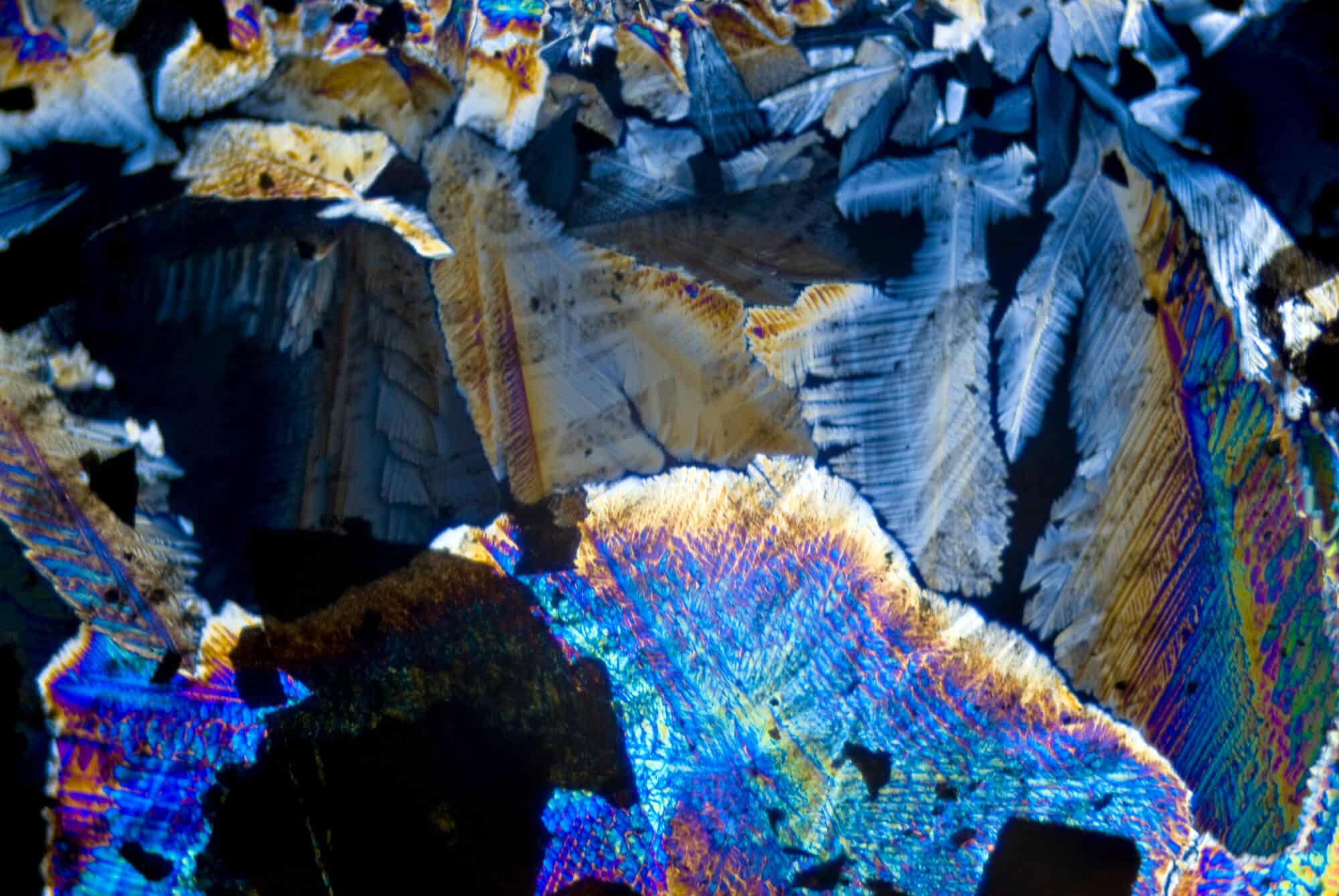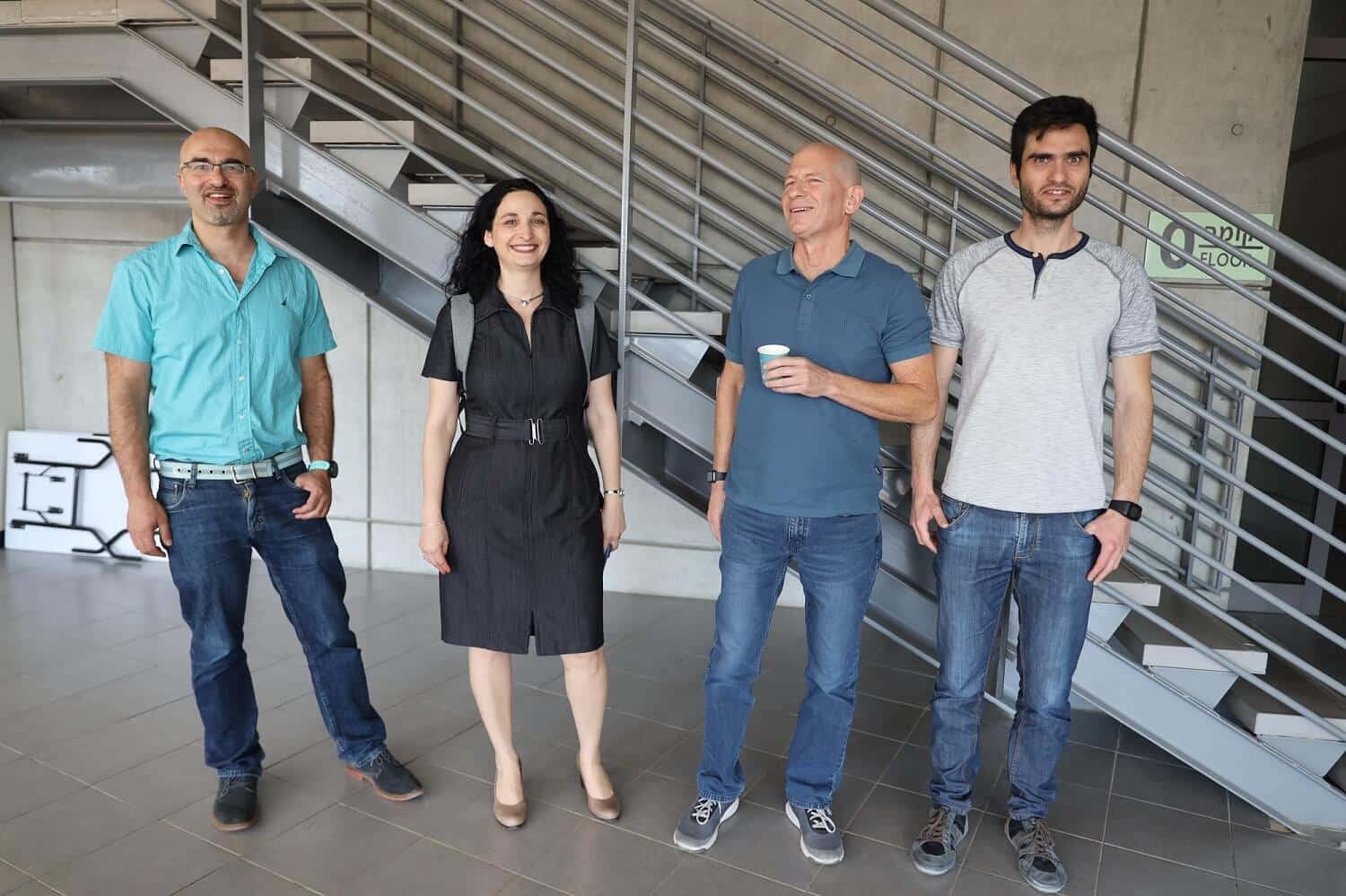Prof. Levy was one of the speakers at the conference commemorating the Biennale Day of Light held at Ben Gurion University * In his lecture, he presented thin lenses based on metamaterials and showed how surface metamorphisms can significantly improve the resolution of microscopes and facilitate the miniaturization of chips

In 2015, UNESCO declared the Year of Light, including light-based technologies, and raised awareness of the various achievements of light science and its important applications. That year, 13,000 activities were registered that took part in 147 countries and addressed a target audience of approximately 100 million people. To continue the tradition, in 2016, UNESCO declared May 16 as the International Day of Light, because the first successful laser experiment took place on this date in 1960. "Since then, the Day of Light conference has become a tradition that is celebrated every year at Ben Gurion University of the Negev , this is as part of the recognition of the importance of light for humanity" he says Prof. Gabi Sarosi, Head of the Department of Electro-Optics and Photonics Engineering, "We mark this day with a variety of academic and academic activities."
This year's conference included the morning session he led Prof. Gabi Sarosi, Head of the Department of Electro-Optics and Photonics Engineering and the afternoon session he led Prof. Mark Schwartzman, head of electronic materials in the materials engineering department. In both sessions, selected doctoral students and post-doctoral students from the aforementioned departments presented their research topics, in topics that are at the forefront of science, such as: nanophotonics, plasmonics, metamaterials, and more. In addition, during the lunch break, a special session was held during which the students presented their works in poster format.
The guest lecturers at the conference were Prof. Moti Segev, from the Department of Physics at the Technion and laureate of the Israel Prize for Physics and Chemistry, and Prof. Uriel Levy, from the Department of Applied Physics and the Department of Nanotechnology at the Hebrew University. Prof. Segev told about his dealings with one of the biggest problems in laser optics: how to produce high power lasers while avoiding the problem of self-focusing and the effects of internal damage. One of the solutions presented by Prof. Segev suggests using arrays of semiconductor lasers (LD), where his pioneering research uses the idea of topological insulating materials, which were first discovered in the 80s. These materials force a large amount of semiconductor lasers to act together like a coherent laser One, efficient and high-powered.

In his lecture, Prof. Levy presented thin lenses based on meta-materials and showed how meta-surfaces can be used to break the diffraction limit (the best possible resolution for a microscope) in optical recording. This idea is of great importance in the semiconductor industry since these substrates have a high possibility of replacing silicon and thus reducing the size of transistors even more.
The KLA company, which develops and manufactures control and measurement systems for the semiconductor and microelectronics market, sponsored the conference and awarded six scholarships to outstanding doctoral students and post-doctoral students from both departments, as well as six prizes to the winning posters, which were evaluated according to their scientific quality and presentation.
In addition, the Dean of the Faculty of Engineering congratulated the participants in the conference Prof. Avi Levy, Head of the School of Electrical Engineering Prof. Beaz Rafaeli, both from Ben Gurion University in the Negev.
